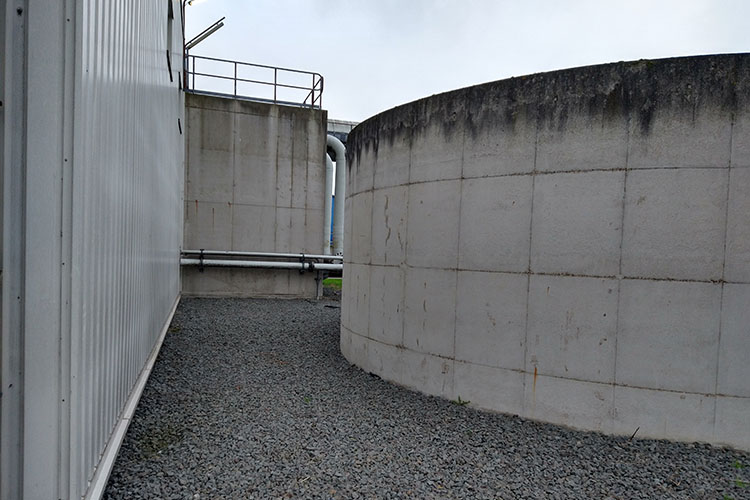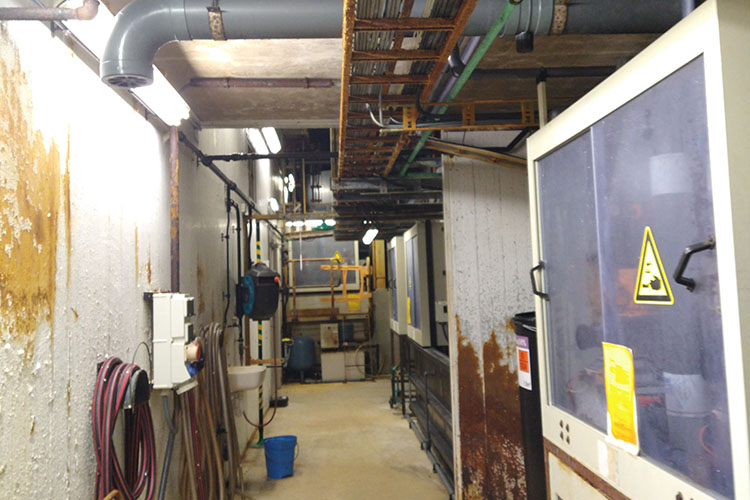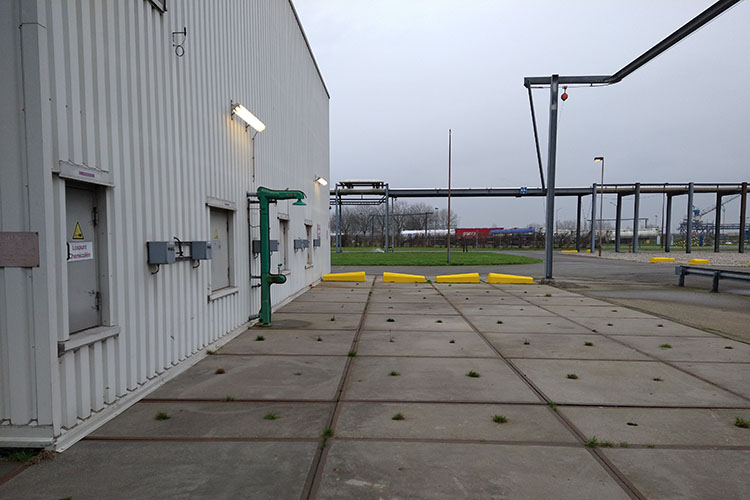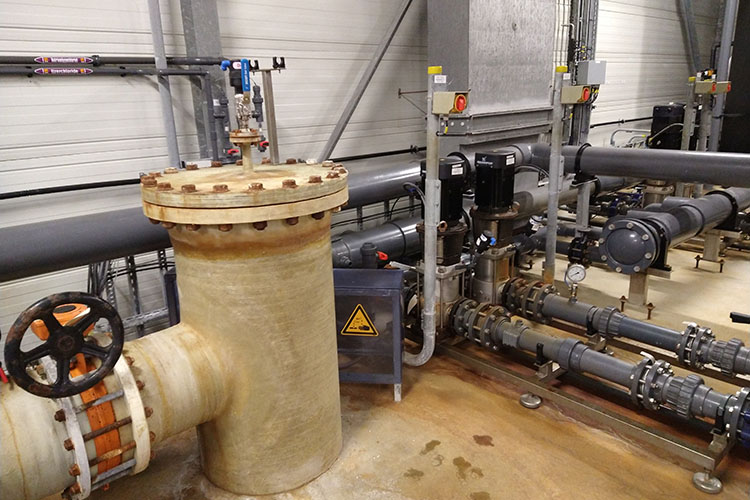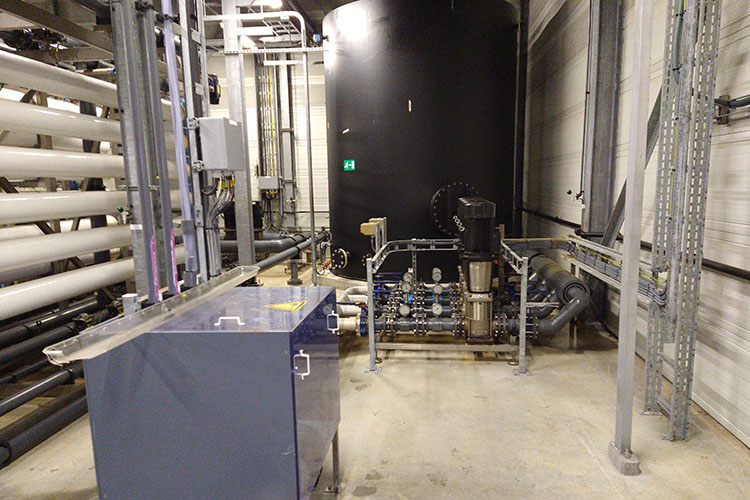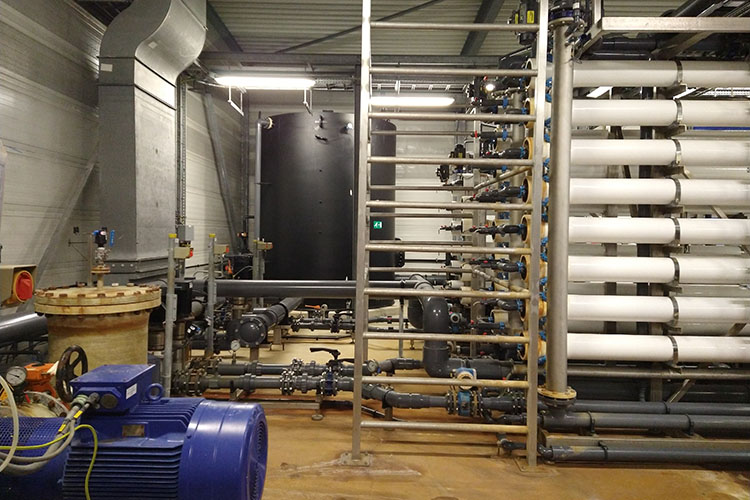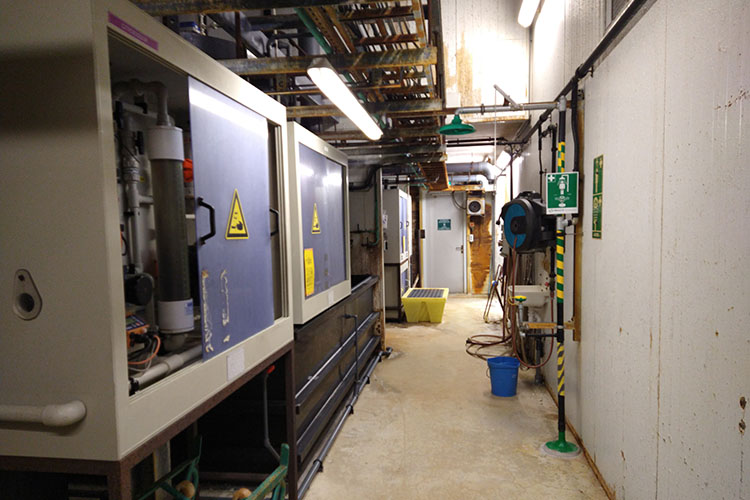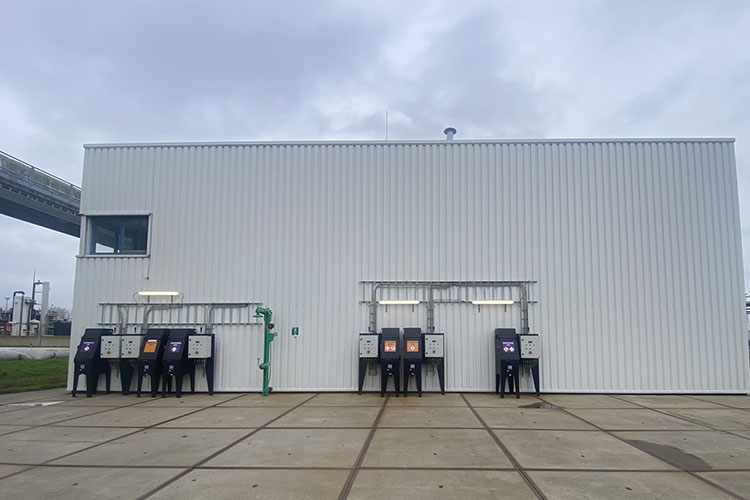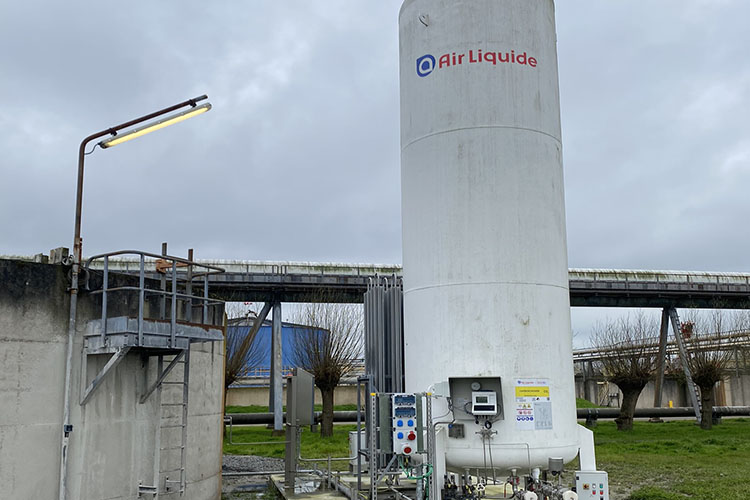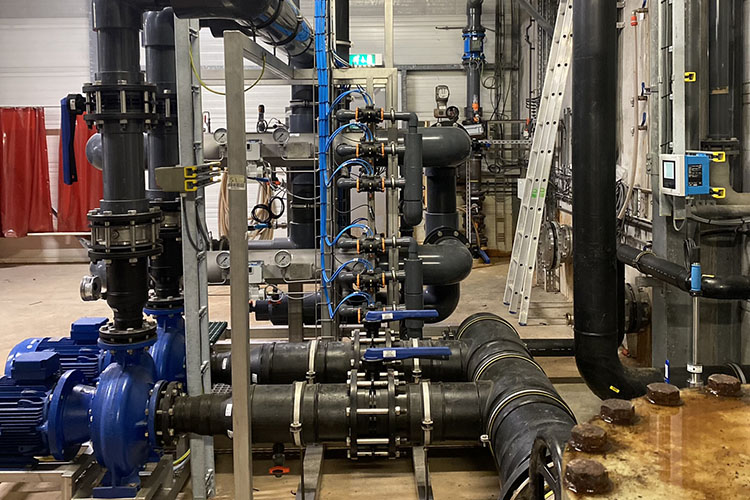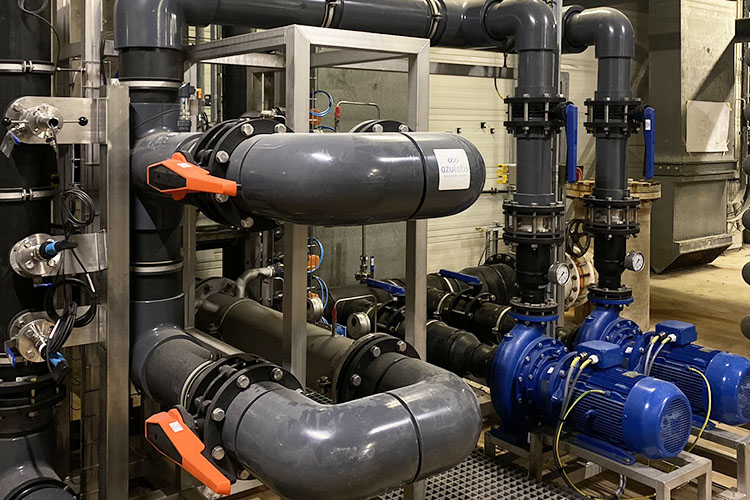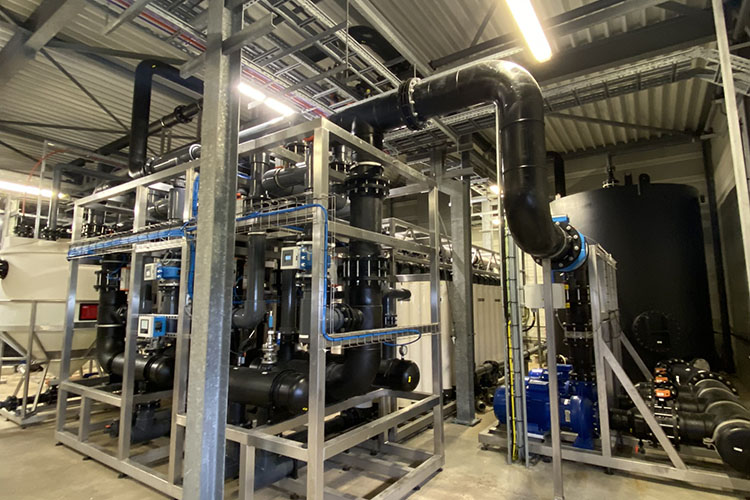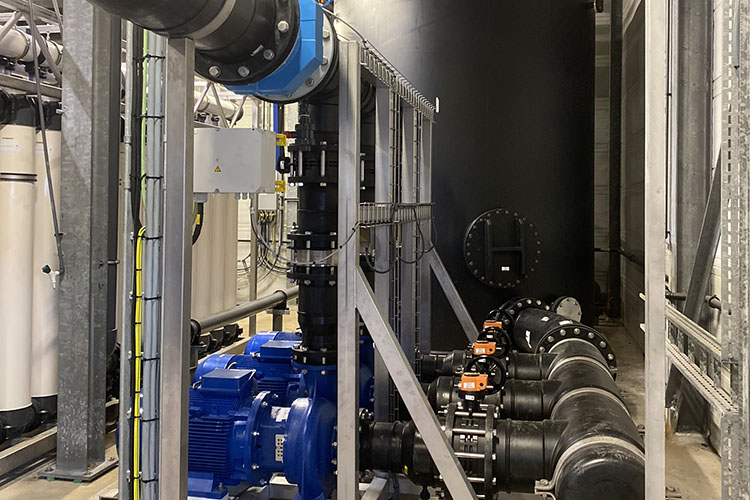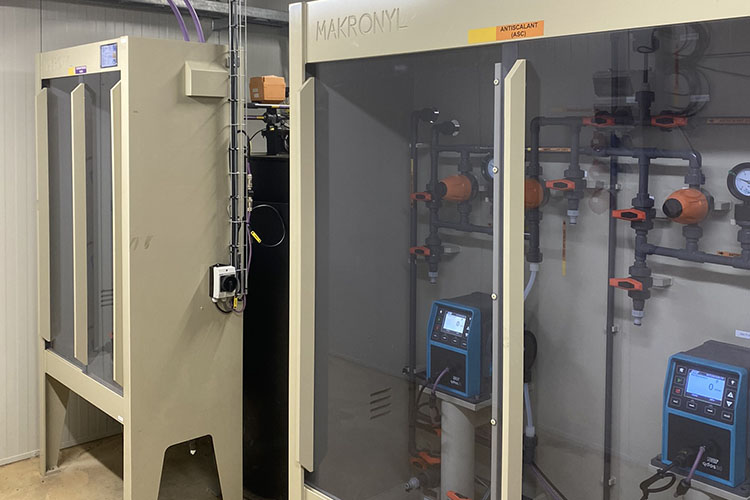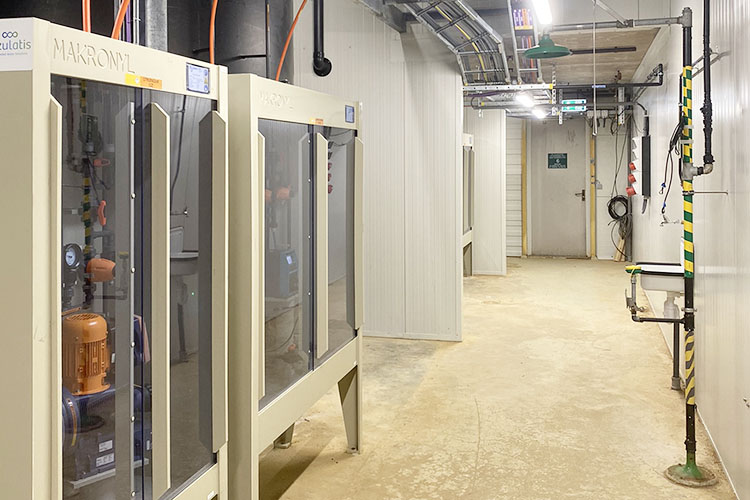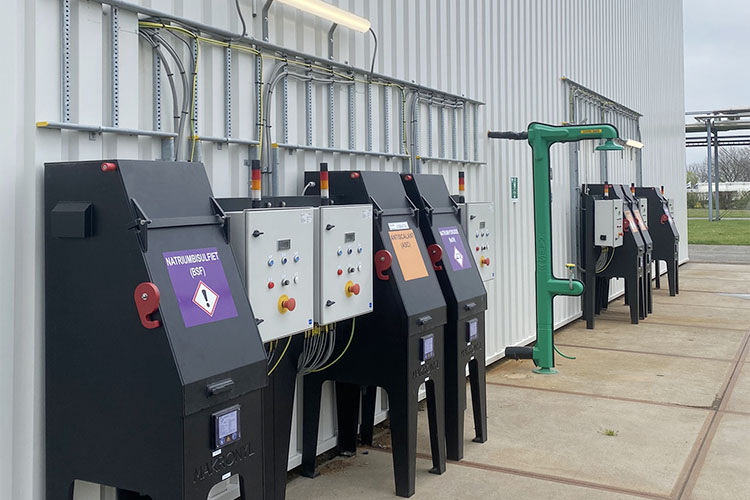CASE: Cargill – partial renovation of water treatment plant
Optimizing a company’s water processes does not always have to involve a complete rebuild of the water treatment plant. In certain cases, only a partial renovation of the system is possible, for example, in plants where process water must be supplied continuously.
In the fall of 2023, Azulatis’ team faced a similar scenario at Cargill, a food producer from the Netherlands. At their site in Sas van Gent, the water treatment plant had to be partially renovated without stopping production. A technical challenge that we successfully completed thanks to thorough preparation, extensive expertise in water treatment plants and a series of valuable collaborations with a number of partners.
How did we proceed?
In Cargill’s aging plant, which was acquired by Azulatis at the time, the existing ultrafiltration was replaced with a new, higher-performance setup. Essentially, the horizontally mounted ultrafiltration was replaced with a vertical setup better suited to incoming water.
The old pretreatments were also taken care of. Coarse filtration and flocculation were completely replaced and further process operations were made more sustainable by implementing CO2 dosing for acidification in the incoming water. In addition, the entire chemical storage and dosing plant were integrally renovated in accordance with KIWA legislation.
The combination of all these measures had a significant impact on the plant and resulted in optimized treatment of the effluent to boiler water (<10 µS/cm) and an increase in capacity.
What is the result?
The renewal of the wastewater treatment plant allows Cargill to reuse the entire effluent flow in the production process.
During the renovation work, which took about four months, the reverse osmosis systems remained in continuous operation. In this way, we could continue to supply the process water needed for the steam boilers and ensure that production did not have to be interrupted.
Who did we work with?
The project at Cargill in Sas van Gent was made possible thanks to productive cooperation with a number of companies:
Wubben Tank Remediation was responsible for remediating and disposing of the existing chemical storage facility.
Peter Vervaet BV assisted us with the demolition of the chemistry room.
Makronyl was responsible for supplying and installing the chemical and dosing equipment.
Waterleau was responsible for the electromechanical aspect of the plant, namely building and installing the so-called skid-building for the ultrafiltration and coarse filtration.
Air Liquide was responsible for CO2 storage and dosing.
Finally, we would like to thank Cargill for the trust, and thank our contacts William De-Bruyn, Bas Adams, Erwin Faas and Ryan Lauret for the smooth cooperation.


